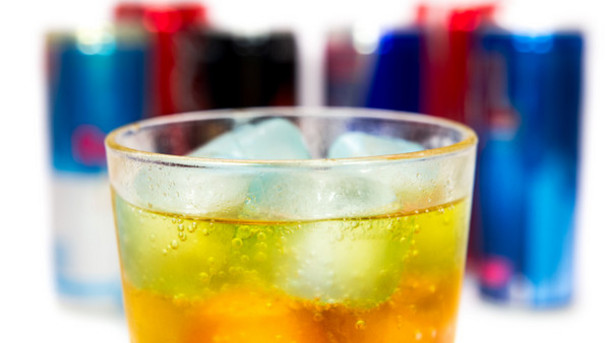A study of middle school children who consume energy drinks are at a 66 percent higher risk for inattention and hyperactivity symptoms, says a study by the Yale School of Public Health. The research was published in the journal Academic Pediatrics. Researchers say that this finding supports current recommendations that limit or ban the consumption of energy drinks by children.
Energy drinks are highly sweetened and often contain caffeine. Energy drinks and sugar-sweeten beverages that are popular among students can contain up to 40 grams of sugar. This amount is more than what health experts recommend as a daily sugar intake which is 21 to 33 grams daily, depending on their age. The study participants drank from zero to seven more drinks a day, with an average of two sugary drinks.
“As the total number of sugar-sweetened beverages increased, so too did risk for hyperactivity and inattention symptoms among our middle-school students,” said professor Jeannette Ickovics, the director of CARE (Community Alliance for Research and Engagement) at the School of Public Health. “Importantly, it appears that energy drinks are driving this association. Our results support the American Academy of Pediatrics recommendation that parents should limit consumption of sweetened beverages and that children should not consume any energy drinks.”
Researchers surveyed 1,649 students who were randomly selected from an urban school district in Connecticut. The participants were an average age of 12.4 years. The study controlled for the amount and type of other sugar-sweetened beverages consumed. They found that boys were more likely to drink energy beverages than girls. Hispanic and black boys were more likely to consume energy drinks than their white peers.
Researchers say that more research is required to improve their understanding of the association between sweetened beverages and hyperactivity. Previous research shows a strong link between attention deficit hyperactivity disorder (ADHD) in children and increased susceptibility to injuries, poor academic outcomes, and more problems with peer relationships. Hispanic and black children have been understudied in this area, suggesting that the disorder is under-diagnosed.















